Technically, the Integrity attribute helps with just that - it enables the proper verification of the data source. That is, it merely allows the browser to verify the numbers in the right source file with the amounts requested by the source file located on the CDN server.
Going a bit deeper, in case of the established encrypted hash value of this source and its checked compliance with a predefined value in the browser - the code executes, and the user request is successfully processed.
Crossorigin attribute helps developers optimize the rates of CDN performance, at the same time, protecting the website code from malicious scripts.
In particular, Crossorigin downloads the program code of the site in anonymous mode, without downloading cookies or performing the authentication procedure. This way, it prevents the leak of user data when you first load the site on a specific CDN server, which network fraudsters can easily replace addresses.
Source: https://yon.fun/what-is-link-integrity-and-crossorigin/


